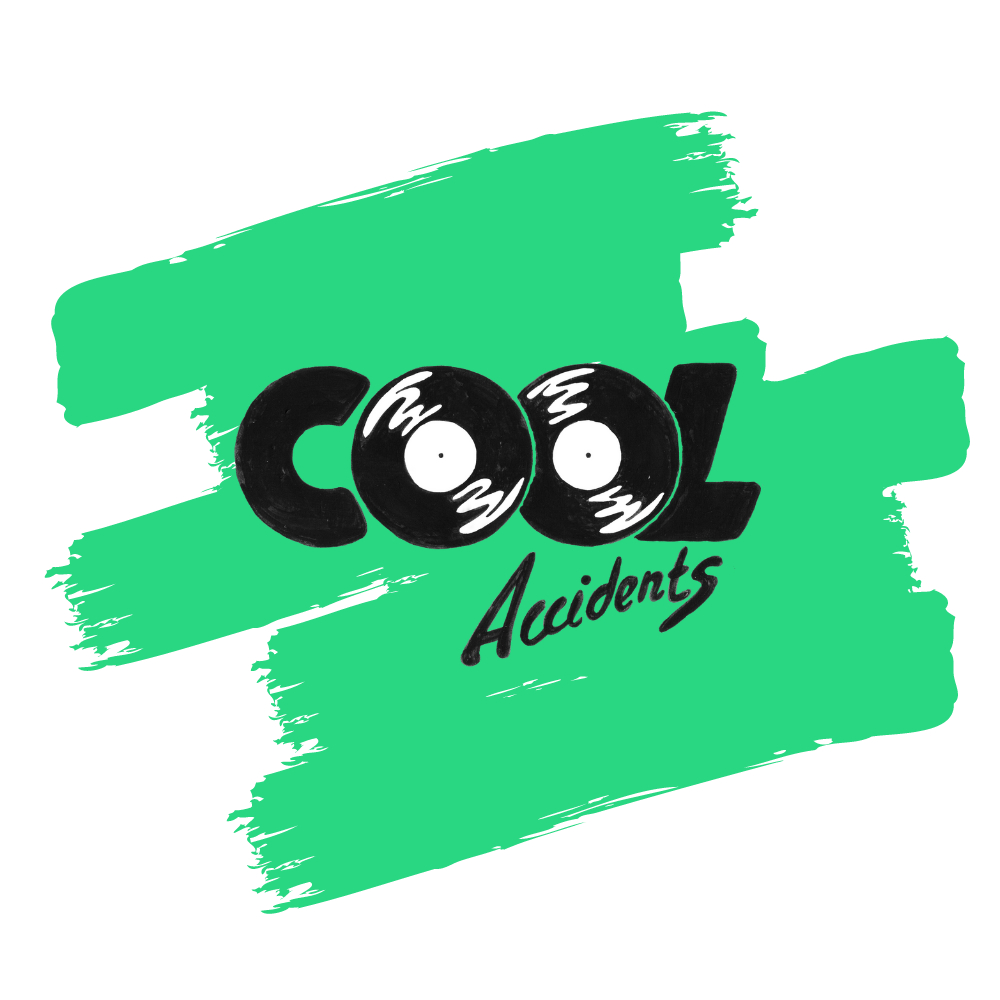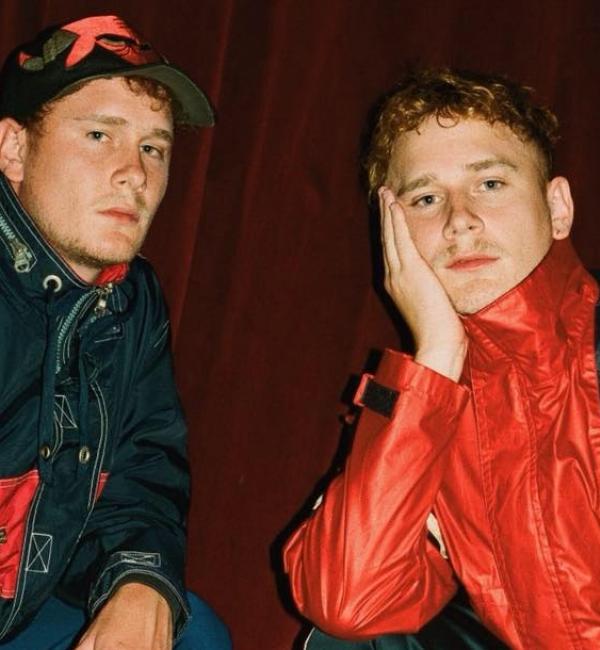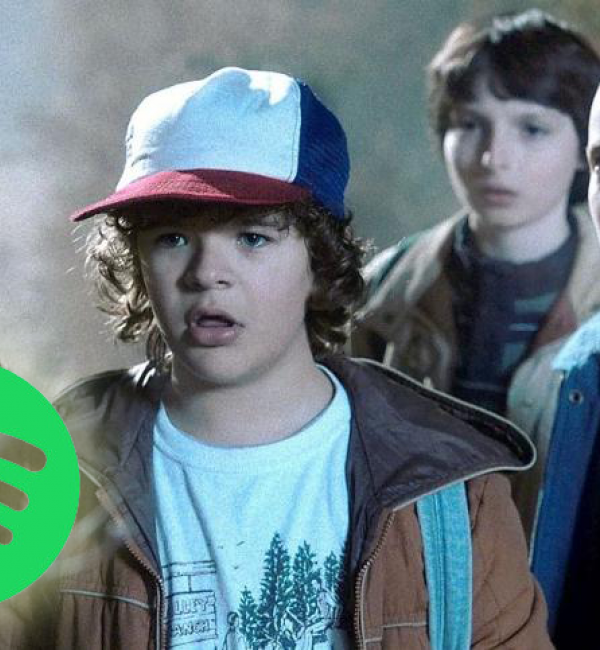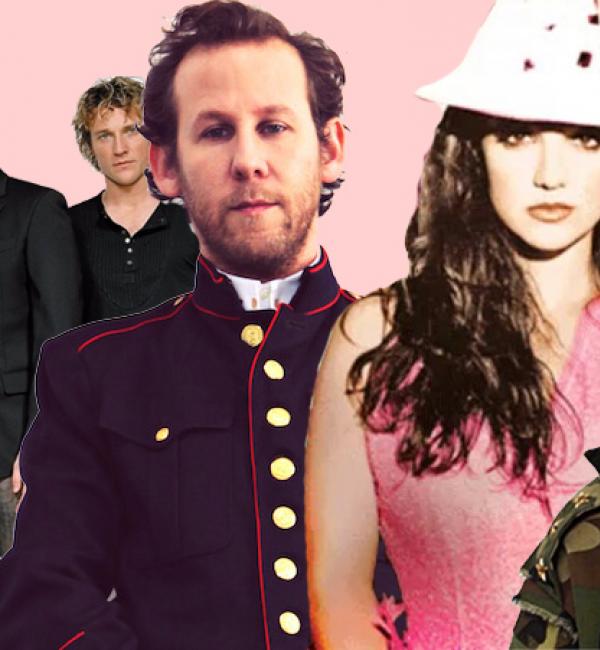Via Wired
Even if Facebook CEO Mark Zuckerberg hadn’t been introduced to Spotify two years ago, it was probably inevitable that the two companies would hook up. The European music service had already won millions of fans, thanks to a business model that allowed music nuts to stream any song, instantly, for free. More important, it made it easy for people to share music with one another. This vision—of music as a social experience—fit perfectly with Facebook’s view of the world, which values sharing over all else. And that’s why, when former Facebook president and Napster cofounder Sean Parker discovered Spotify in 2009, he made a point of telling Zuckerberg about it.
“I’d never even heard of Spotify, but Sean mentioned it to me one day,” Zuckerberg says. “I was like, wow, this person has built a really cool music product and also understands how you can integrate social things in it.” Within a day, Zuckerberg had updated his Facebook status: Spotify is so good.
This brief blessing from the Pope of Poke presaged a turning point for the entire music industry. The original Napster—which let users download practically any song for free—may have died a decade ago, but its ghost still haunts the major labels. Unleashed in a dorm room in 1999 and killed in a courtroom in 2001, it taught a generation that music should be obtained with mouseclicks, not money. Music executives interpreted it differently: Allow people to share music online and they will never pay for it again. For much of the past decade, their attitude toward digital music and licensing has been driven by the fear that showing one bit of flexibility will summon Napster back from the grave to destroy what’s left of their business.
But that’s changing now. In September, after two years of speculation following Zuckerberg’s four-word swoon, Facebook announced an ambitious initiative that lets its users quickly and easily share music with one another—in many cases for free. Facebook worked closely with Spotify, as well as with a dozen other services, and is opening itself up to potentially hundreds more. Now Facebook users will see the songs that their friends listen to, the playlists they compile, and the bands they discover. And they can easily hear all that music with a single mouseclick.
An orgy of free song-sharing seems to be exactly the kind of thing that the horrified labels would quickly clamp down on. But they appear to be starting to accept that their fortunes rest with the geeks. Or at least they’re trying to talk a good game. “I’m not part of the past—I’m part of the future,” says Lucian Grainge, chair and CEO of the world’s biggest label, Universal Music Group. “There’s a new philosophy, a new way of thinking.”
Facebook’s music initiative is only one example of the neo-Napster transformation in which music is streamed from a collection of servers, rather than stored on local hard drives. Indeed, over the past year, every dominant Internet company—including Apple, Amazon, and Google—has ramped up a streaming music service, each one an attempt to reinvent the way we purchase and listen to music. Smaller companies like Rhapsody and the personalized radio service Pandora have championed the streaming model for years; now they are being joined by second-generation services like Rdio, MOG, and Turntable.
Taken together, all of this activity is shaking up an industry that has stubbornly resisted change. The music world has barely managed to process the revolution wrought when songs became files. But streaming subscription services hasten an even bigger upheaval: songs becoming links, playable with one click, from a newsfeed, email, or Facebook profile. The real fun is about to begin.





